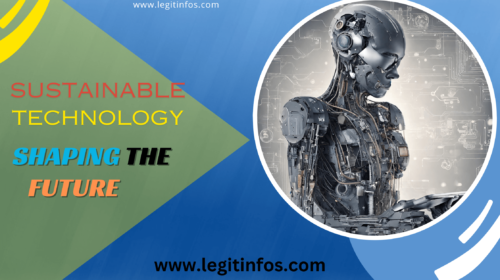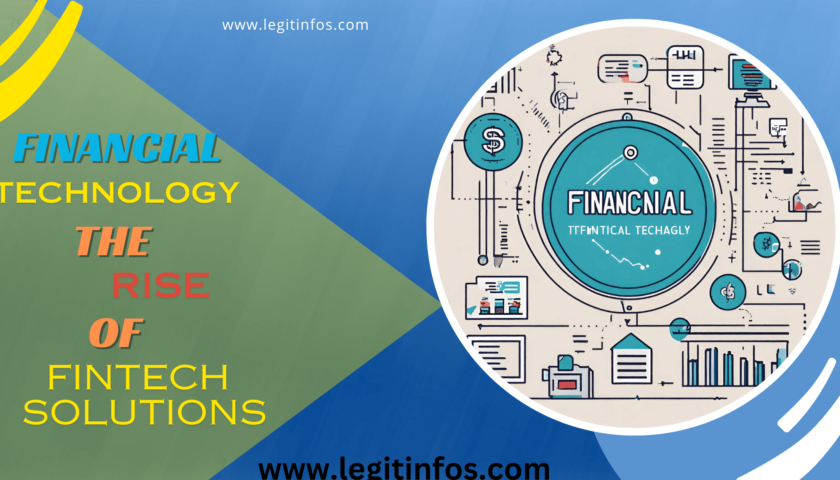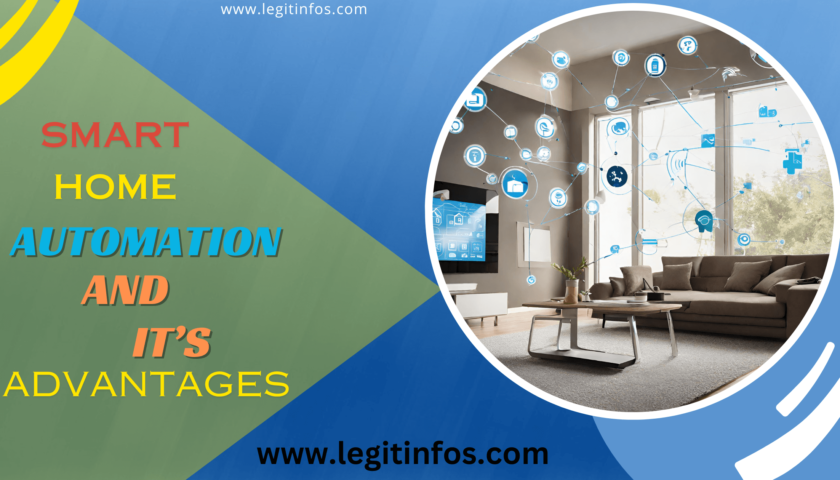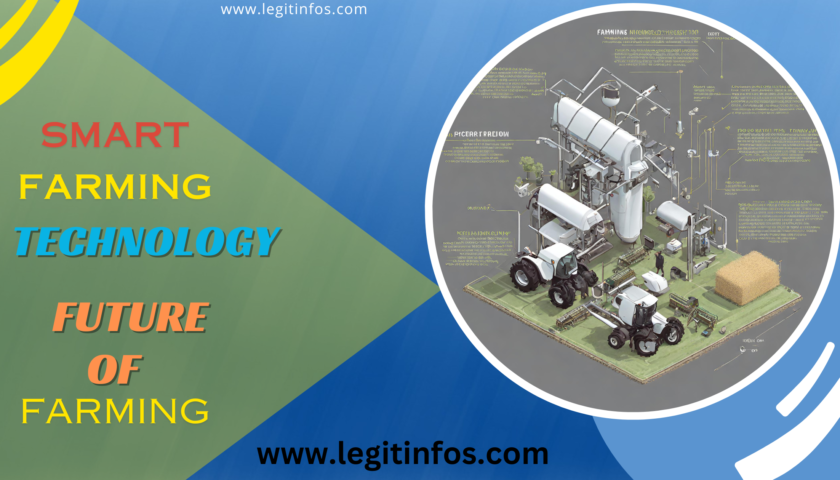In today’s world, sustainable technologies are paving the way for a brighter, cleaner future. From high edge renewable energy solutions to eco-friendly transportation innovations, the impact of sustainable technologies is massive. As companies fight to reduce their carbon footprint and consumers seek greener alternatives, these innovative solutions are bringing significant change across industries and communities. The introduction of sustainable technologies do not only addresses environmental concerns but also opens new doors for economic growth and societal well-being. In this article, we will go through the remarkable ways in which sustainable technologies are improving the present and shaping the future. Get ready to go into the world of advancements that are not only changing the way we live and work but also offering sustainable solutions for generations to come.
Understanding sustainable technologies
Sustainable technologies comprise of a wide range of innovations and practices designed to minimize environmental impact while meeting the needs of the present without stopping the ability of future generations to meet their own needs. These technologies aim to promote sustainability by reducing resource consumption, minimizing waste, and lowering emissions. They comprise of diverse fields such as renewable energy, energy efficiency, sustainable agriculture, green transportation, and waste management. Embracing sustainable technologies involves a shift towards cleaner and more efficient processes, products, and services that supports social well-being.
The development and adoption of sustainable technologies require a an approach that considers environmental, economic, and social implications. It involves using scientific advancements, engineering knowledge, and innovative design to create solutions that are both environmentally friendly and economically valuable. Sustainable technologies are not only about removing environmental harm but also about creating value and improving quality of life for individuals and communities.
Sustainable technologies are built on the foundation of sustainability, which opens the interconnectedness of environmental, social, and economic systems. They seek to strike a balance between meeting present needs and safeguarding the well-being of future generations. This approach recognizes the finite nature of resources and the need to conserve and supervise them responsibly. It also acknowledge the importance of equity and fairness in ensuring that the benefits of sustainable technologies are accessible to all industries.
Advantages of sustainable technologies
- With sustainable solutions, business can save cost through proved resource efficiency
- Sustainable technology plays an important role in removing environmental degradation and addressing pressing global challenges such as climate change, pollution and depletion of natural resources.
- They offer the potential to reduce greenhouse gas emissions, manage bio-diversity and protect ecosystems.
- Sustainan
- Sustainable technology support creation of green jobs and stimulate economic growth in different sectors.
- They contribute to a higher quality of life by reducing environmental risks and promoting sustainable living.
Impact of sustainable technologies on the environment
The impact that this technology has brought to our environment is profound
- They offer a clean and abundant alternatives to traditional fossil fuels, This movement to renewable energy does not only reduce greenhouse gas but also decreases reliance on finite and polluting energy sources.
- Challenges of waste managements and resource conservation has been addressed— Innovation in recycling, waste to energy conversion, this technology promotes a circular economy that minimizes waste and maximizes resource efficiency. Also reduce the burden on landfills, as well as contribute to a more sustainable use of resources.
- In the transportation industry, This technology are driving towards low-emission vehicles, and alternative fuel options.
- They also extend to Agriculture, forestry and Manufacturing where this practices support conservation of natural resources and protection of ecosystems.
Integration of sustainable technologies in various industries
The integration of sustainable technologies across industries is changing traditional practices and driving a shift towards more sustainable and responsible business operations. In the energy sector, sustainable technologies are improving power generation, distribution, and consumption. From large-scale solar and wind farms to decentralized microgrids and energy storage solutions, the integration of sustainable energy technologies is diversifying the energy landscape and reducing carbon emissions. Smart grid technologies and energy-efficient appliances further enhance the sustainability of energy systems.
In the transportation industry, sustainable technologies are increasing the development of electric vehicles, hybrid propulsion systems, and advanced fuel efficiency technologies. From passenger cars to commercial vehicles, the integration of sustainable transportation technologies is promoting cleaner and more efficient mobility options.
The impact of sustainable technologies is also present in agriculture and food production, where innovative technologies are promoting sustainable farming, precision agriculture, and agroecological approaches.
Challenges and opportunities in sustainable technology adoption
Asides all benefits and advancements in sustainable technologies, adoption faces challenges that requires a strategic solution and lots of effort.
- One of the major challenge is the initial investment and implementation cost
- another challenge falls in the complexity of integrating sustainable technologies with current systems and practices. In order to address these integration, proper planning is involved.
Investing in sustainable technology
The recognition of the importance of sustainable technologies has triggered increased investment and funding opportunities in the sector. Venture capital and private equity, public funding: the investment landscape for sustainable technologies is increasing. investors are always looking for opportunities to support innovative and scalable solutions that address environmental challenges while generating financial returns.
Startups benefits from the ecosystem , the investment in this technology comprise of a wide range of sectors including: renewable energy, energy efficiency, sustainable transportation and climate adaptation technologies.
Conclusion
The role of sustainable technology can not be overstated. The journey towards a sustainable future requires creativity and willingness to embrace new technology and practices that holds environmental well being at heart as this technologies have the capacity to unlock new opportunities for economic growth, creation of jobs and developments.



